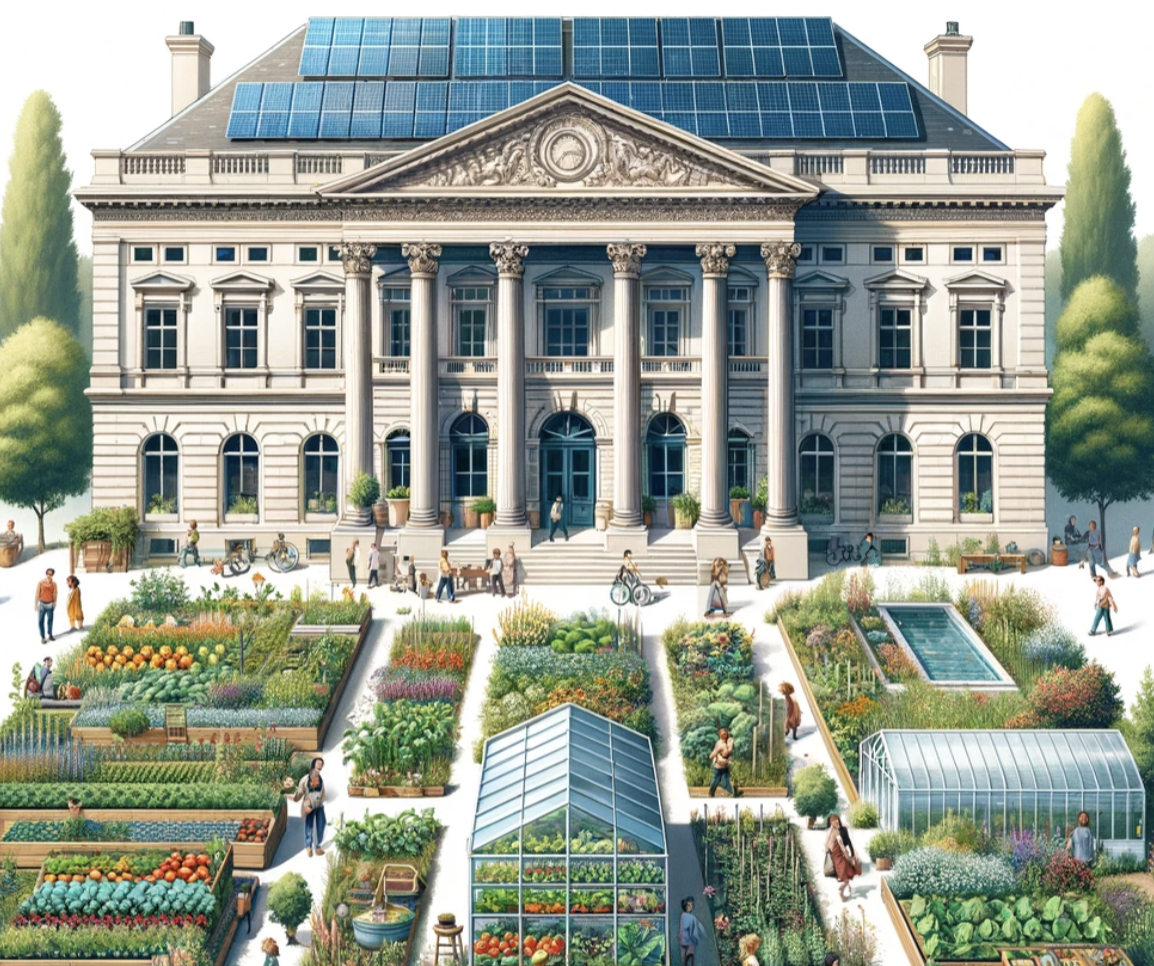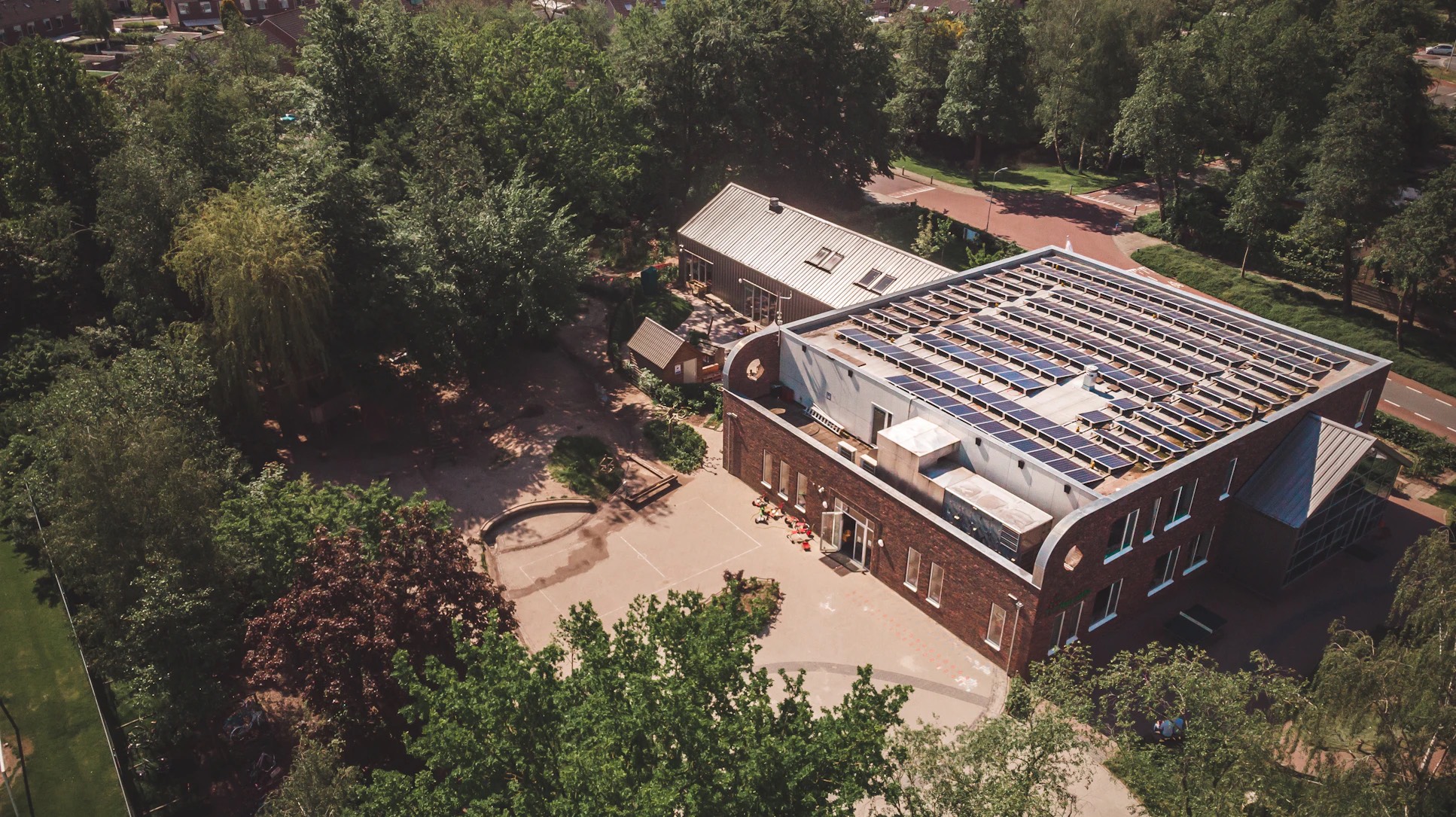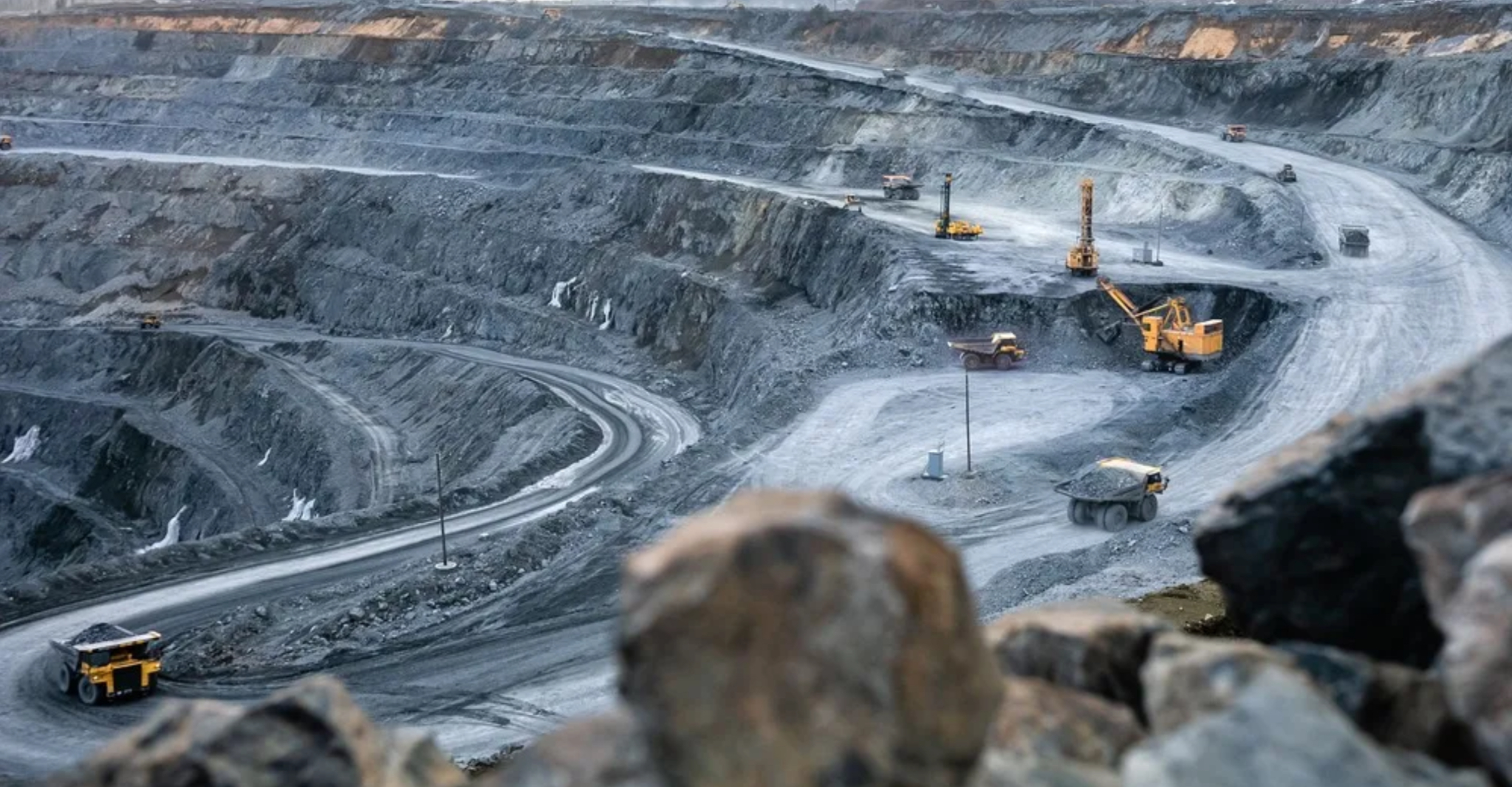By Michael Botti, Year 12
Ecolint, the world’s first international school, will be entering its centenary next year and places an increasing focus on sustainability throughout its curriculum and community. Let’s learn about the philosophy and perspectives on sustainability from one of our three administrative leaders, Mr. Jonathan Halden.
My first interview is with Mr. Halden, Campus and Secondary School Principal – La Grande Boissière, about sustainability at Ecolint, an issue that he describes as “very close to my heart.”
Mr. Halden, how would you define sustainability and its importance at Ecolint?
For me, sustainability is about treating our natural environment with respect and preserving our climate and biodiversity for all living things and for future generations. Ecolint is gradually waking up to the fact that this is an issue and it is gradually moving up the agenda.
How should Ecolint measure success for sustainability?
We could measure the direct carbon footprint of our operations and try to move towards neutrality as soon as possible. I also think that we could break down the issue of sustainability into different components and try to make measurable progress in each domain (e.g. waste management, mobility, procurement, energy consumption).
Which thought leader, organization, book or film has most impacted your thinking on sustainability and why?
I am a member of the Swiss Green Party and I find their approach to be both ideologically driven, but also practical. My local mayor is a member of the Green Party and his approach to managing the commune is informed by his desire to live more sustainably.
Which sustainability concept or program are you most impressed with and where did you
first experience it?
In the spirit of thinking globally, acting locally, I am encouraged by Geneva’s attempts to expand the public transport network (new tram lines planned for example) and to encourage car sharing through schemes like ‘Mobility’. This has a direct impact on sustainability through mobility choices. As such, it is possible to live car free in Geneva (I am a testament to this), which is certainly not practical in many cities.
What advice would you offer to students who feel climate anxiety or SDG fatigue?
I don’t have any pearls of wisdom to impart, but I would advise all young people to make more informed choices as to how they live their lives. True happiness does not arise from the consumption of material goods. You can’t change the world by yourself, but it is better to light a candle than complain about the darkness.
If you had a magical sustainability wand that would make anything possible, what would you wish for at Ecolint?
This one is easy, a car free campus.
Thank you, Mr. Halden. Any final thoughts you would like to share?
Combating climate change and preserving the natural world is not someone else’s problem. It’s not too late to make a positive change and whilst it’s not possible to be perfect with regards to sustainability, it is always possible to make better choices.



